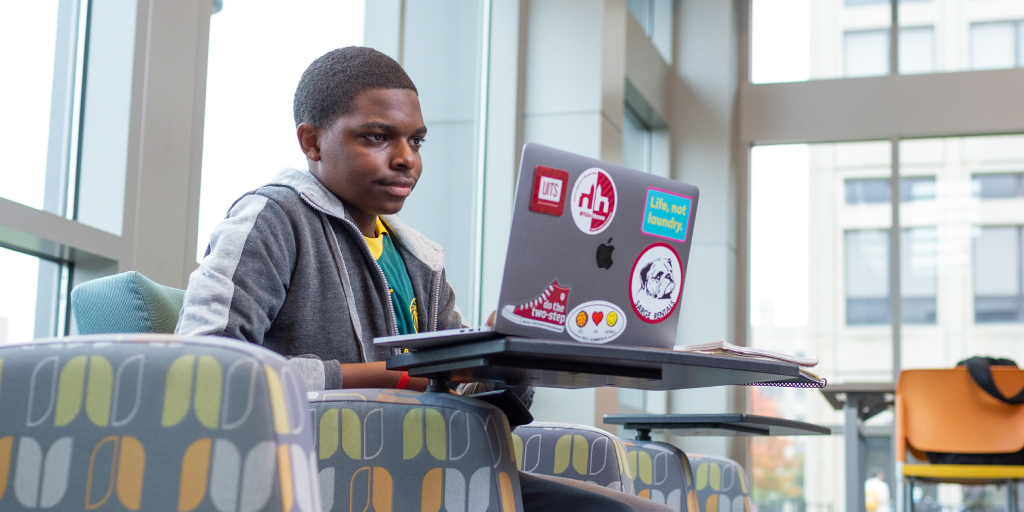Counseling and Psychological Services
CAPS provides a full range of clinical mental health services and support to students, as well as crisis stabilization and referral for faculty and staff.
Contact CAPS: 317-274-2548 or capsindy@iu.edu
Office location: Lockefield Village, second floor, 980 Indiana Ave., Indianapolis, IN 46202
Employee Assistance Program
EAP is available to IU employees and family members and is designed to help you address life’s challenges through free, 24/7 access to professional counseling, resources, and referrals.
They can provide short-term assistance for issues such as grief and loss, work-related pressures, stress, depression, or anxiety, and can connect you with ongoing care as needed. See more information on this program and how to get started.
Dean of Students Office
The Dean of Students Office works to maintain a positive and educationally supportive campus community, coordinates the Behavioral Consultation Team, and engages in campus emergency planning and response.
Contact the office at 317-274-4431.
Student Advocacy and Support
This team helps students solve problems by offering objective consultation, promoting self-advocacy, and providing information on campus and community resources.
Call 317-274-4431 or email stuadvoc@iu.edu.
Connect2Help
This is an information and referral network for human services, such as food, housing, health care, support goods, clothing, shelter, legal aid, and much more.
Call 211 or visit the following web links for services: www.connect2help.org or in211.communityos.org
IU Indianapolis Police Dispatch
Non-emergency number: 317-274-2058
Email: police@iu.edu
Safety Walk Escorts on Campus: 317-274-7233(SAFE)
Critical Threat Assessment Team: 317-274-7911
24-hour crisis numbers
National Suicide Prevention Lifeline: | 988 or 1-800-273-8255 (TALK) |
Crisis Text Line: | Text HOME to 741741 |
National Domestic Violence Hotline: | 1-800-799-7233 |
National Sexual Assault Hotline: | 1-800-656-4673 |
Veterans Crisis Line: | Text 838255 or 988 then Press 1 |
Trevor Project Crisis Support (LGBT): | Text START to 678678 or 1-866-488-7386 |
Aspire Indiana | 800-560-4038 |
Crisis and Suicide Hotline | 317-251-7575 |




